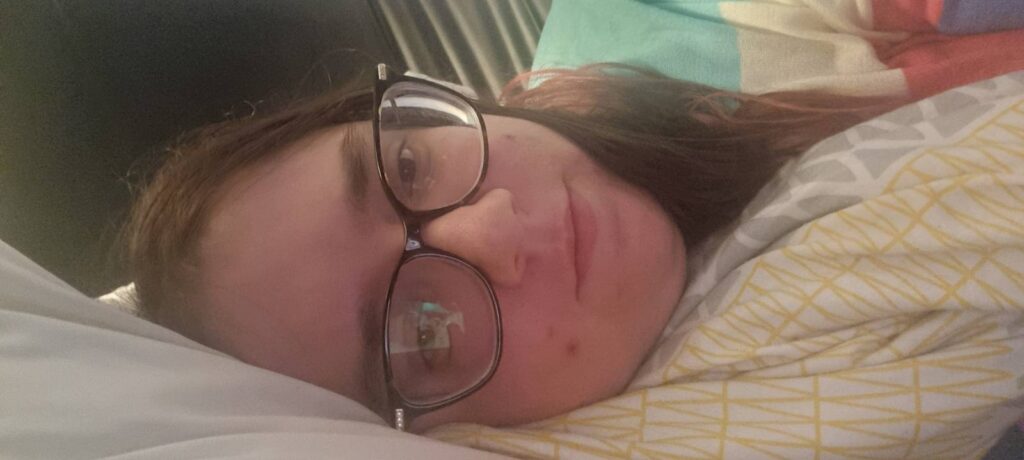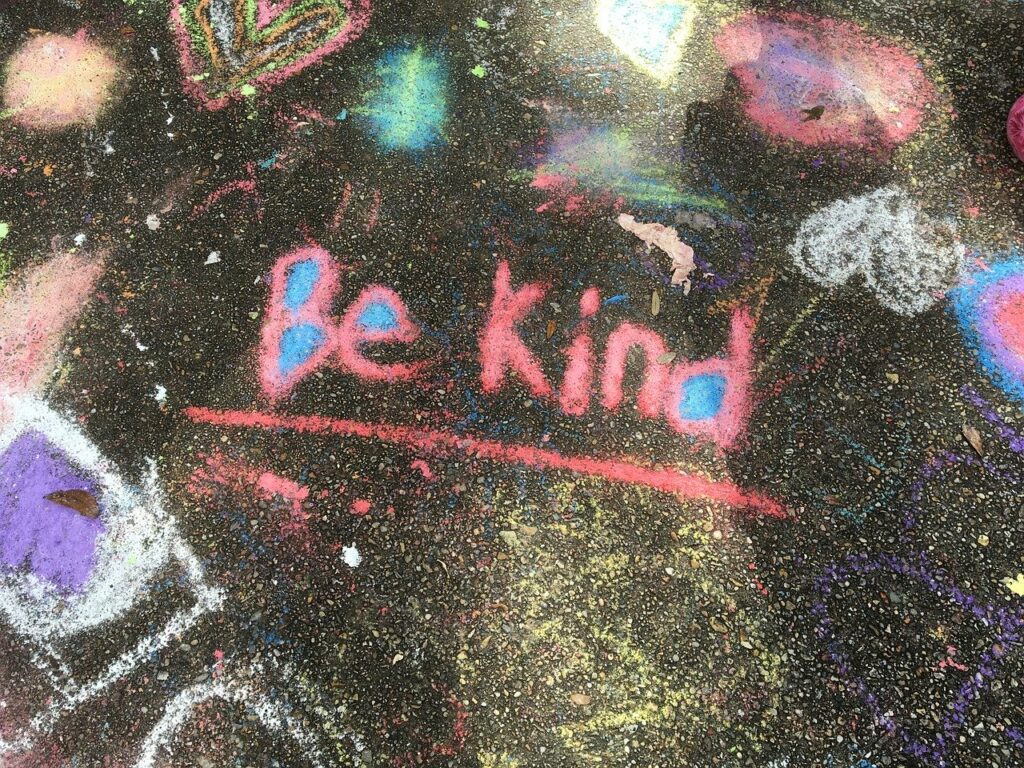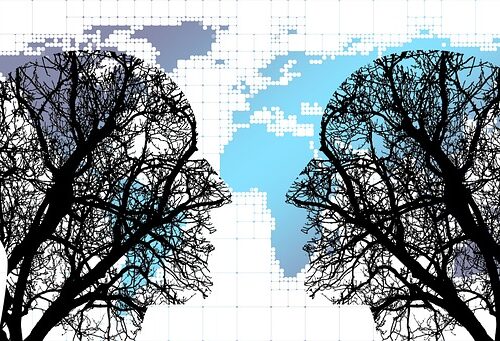Work, Health, or Life? Why Disabled People Are Forced to Choose
After campaigning in June and July, I had to take some time to recover from burnout and other health issues.
What I didn’t know was that in August, my health would decline even further. This meant hospital visits, new specialists, and a whole load more medicines (a story for another day).
But it was the end of August, and I had been looking forward to a job interview. Part-time, something I felt I could do—I was thrilled.
Until I wasn’t.
The day before the interview, my doctor urged me to go to the emergency day unit at the hospital. I was in severe pain and exhaustion, so I spent hours waiting for support. The staff were incredibly kind and caring, but due to my symptoms, they said I needed to see a specialist the very next day—the same day as my interview.
There was no way I could do both. I had to choose. I had to choose my health. I was in agony and nauseous, and I didn’t want to be unwell in front of potential employers.

I emailed the organisation to explain I was a virtual inpatient and couldn’t attend. They responded with an apology and kindly offered to keep me in mind for future roles. But they didn’t offer to rearrange—the one date they’d chosen wasn’t flexible.
I was disappointed.
I’m sharing this not as a shaming post, but to raise awareness: this is what disabled people live with. We often have to choose between our health, our careers, and other important parts of life.
Society often says we’re lazy, that we’re not trying hard enough, that we should be in work. But the truth is—we are trying. We want to work, but our bodies don’t always allow us to.
In my case, I may recover from the issues that put me in hospital. But what did I miss out on because of it? Job opportunities, volunteering meetings, social outings, day-to-day chores, quality time with my partner and family.
I nearly missed training and more meetings too, because of the pain and nausea. I forced myself to go—and ended up crashing with my ME/CFS.
There is no winning.
I’m lucky, though. My loved ones remind me: “Your health is more important.” But with society’s views of Disabled and Neurodivergent people, I don’t always feel that way.
Recently, I told my mum and sister I was fed up—I’d done nothing for two days and was struggling mentally and physically. Their advice was simple: be kind to yourself. Something I’m still learning how to do.
But I’m trying. I treated myself to cake after managing to wash two dishes. I let myself rest after cleaning a sink and a mirror. I’m burnt out again now, but I’m proud I did something.
I may not have a job right now, but I am trying. I am fighting endless health battles—and that’s a job in itself.

When Grief Changes You

Would You Say?
You May Also Like

“I’m going to fail, just give up” – Jobs, Work Experience and Volunteering
31 July 2017
A Letter to my Ex
3 December 2018